Riyadh, September 3, 2025 — The 10th edition of the International Telecommunication Union (ITU) Conference , hosted by the Saudi Space and Technology Commission , commenced in Riyadh with the participation of delegates from over 190 countries , including ministers, policymakers, and leading global experts.
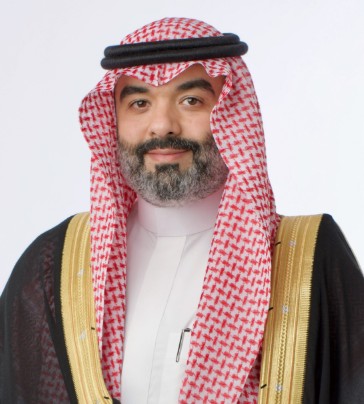
The conference was inaugurated by Saudi Minister Abdullah Al-Swaha , who underscored the importance of shaping global digital policy, strengthening workforce training, and regulating technology to drive the future of communications.
Representing Pakistan, Ambassador Ahmed Farooq addressed the gathering and highlighted how technology has transformed the very essence of diplomacy in the modern era.
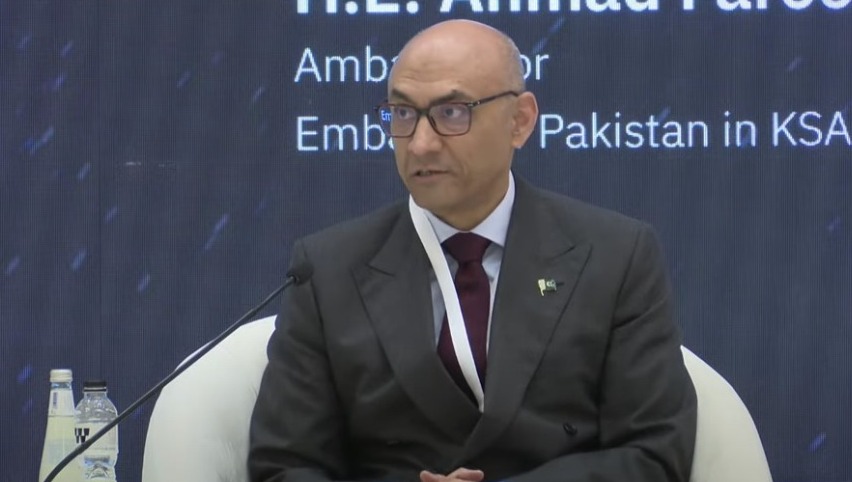
When I joined the diplomatic service nearly 30 years ago, diplomacy revolved primarily around international politics, security, and law,” the Ambassador said. “Two decades ago, the focus shifted to economic diplomacy, requiring us to learn the language of trade, investment, and finance. Over the last decade, technology has emerged as an even greater driver—shaping both national security and the global economy. With the rise of artificial intelligence, diplomats must now also engage with issues like cybersecurity, digital crime, AI governance, and emerging technologies.”
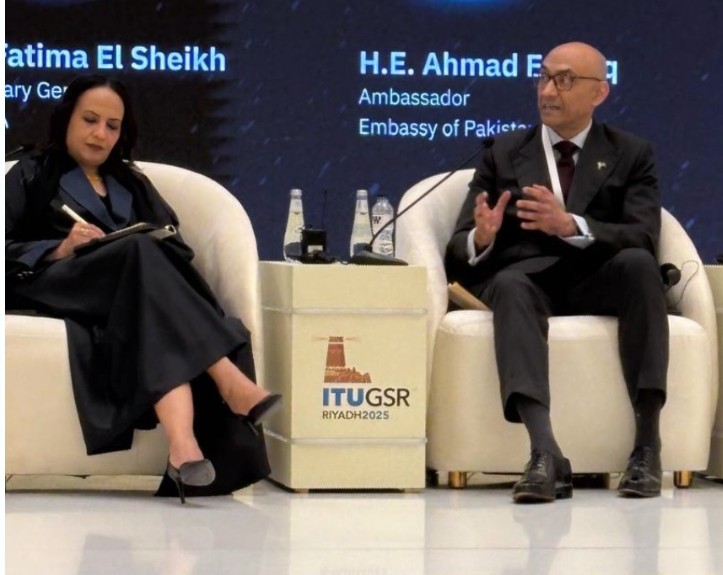
Ambassador Farooq stressed that concepts such as machine learning, deep learning, and generative AI —once considered purely technical—are now integral to diplomatic discourse.
From Pakistan’s perspective, technology is regarded as both a key driver of economic growth** and a core area of diplomacy. A concrete example is Pakistan’s active role in the Digital Cooperation Organization (DCO), established at the initiative of Saudi Arabia, where Pakistan proudly serves as a founding member.
Within the DCO framework, Pakistan is leading the Digital Foreign Direct Investment (FDI) Initiative in collaboration with the World Economic Forum. This initiative focuses on channeling investment into the tech sectors of member states.
Earlier this year, Pakistan hosted a ministerial conference in April 2025, attended by 133 delegates from 44 countries, representing governments, the private sector, and academia. The event facilitated policy discussions, investment opportunities, and business linkages, generating several hundred million dollars in potential business deals. Building on this success, Pakistan aims to make the event an annual platform and plans to expand related activities in partnership with the World Economic Forum, including during the annual Davos Summit.
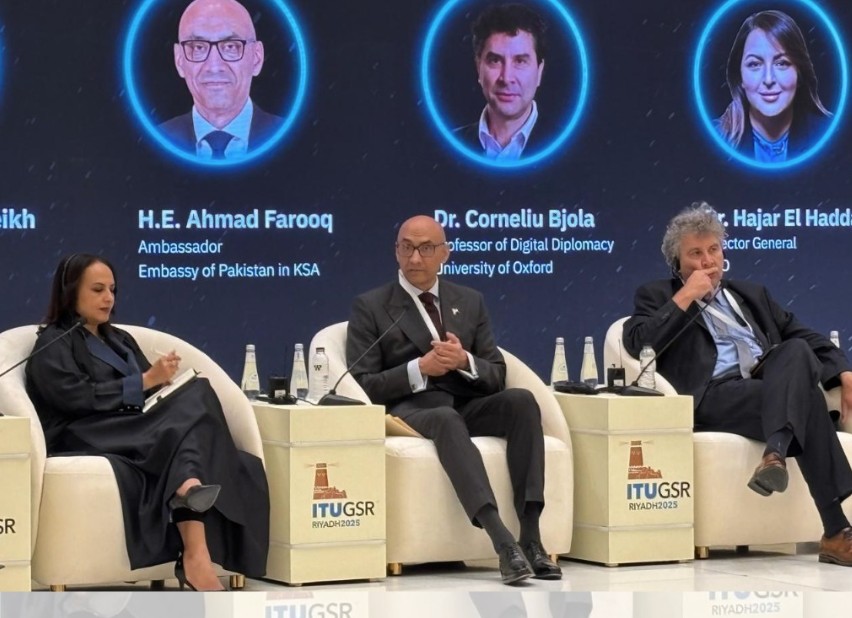
Beyond the DCO, Pakistan also actively contributes to global technology discourse at platforms such as the United Nations, ITU, the Shanghai Cooperation Organization, and other multilateral forums. The Ambassador emphasized that Pakistan’s consistent priority is to ensure that global technology policies are inclusive and equitable, amplifying the voices of developing countries.
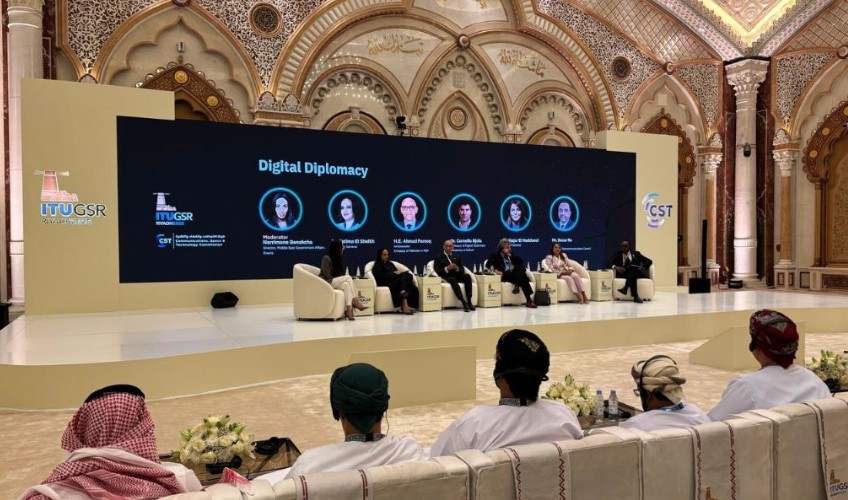
In conclusion, Ambassador Farooq reiterated Pakistan views technology not only as a national priority but also as a shared global responsibility—one that must be shaped collectively, fairly, and inclusively.”

